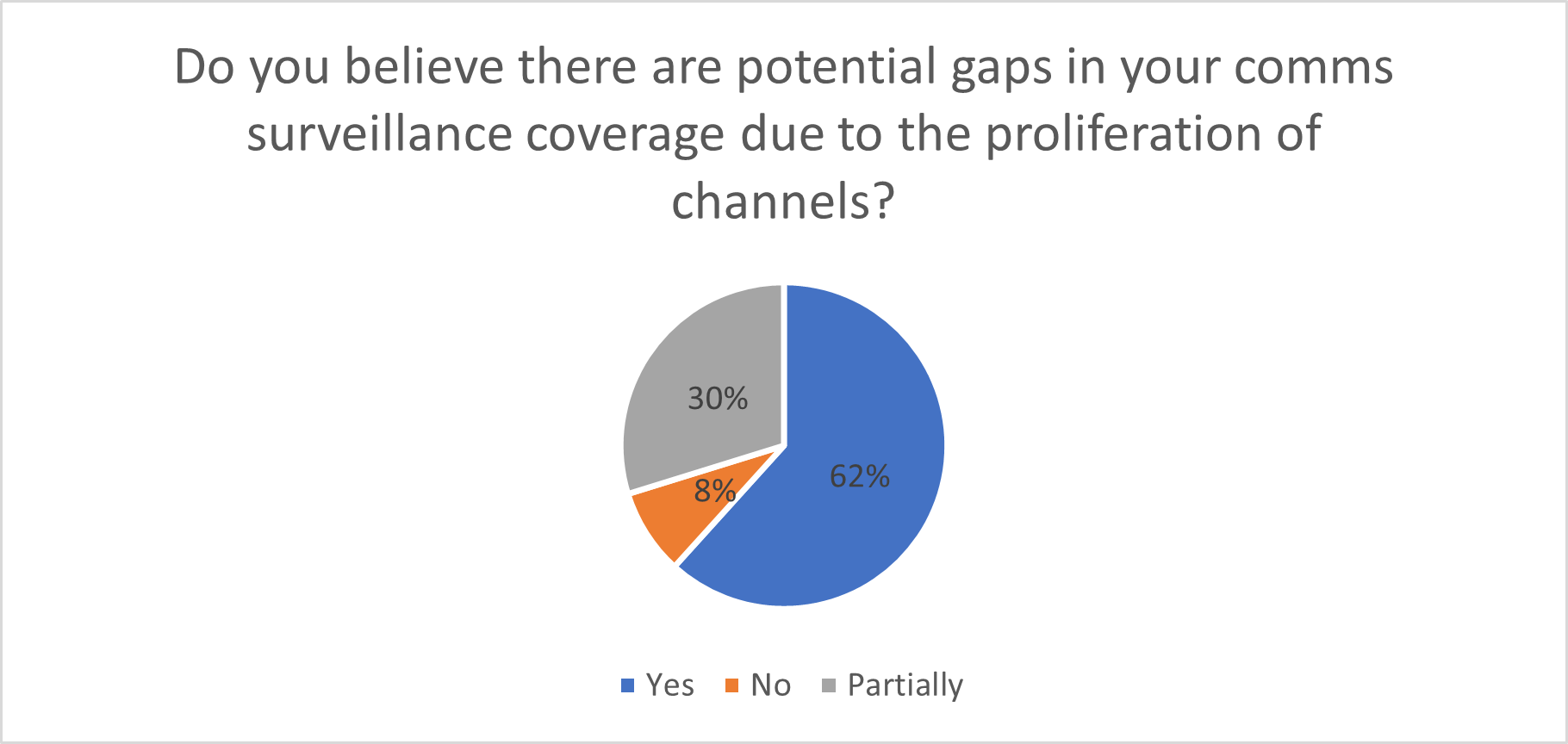What’s the problem with WhatsApp?
)
So far three big US banks have been hit with $200 million fines for, basically, not capturing conversations on messaging apps, notably WhatsApp. Other fines will follow. This doesn’t make a lot of sense. The technology for capturing WhatsApp messaging has been around for at least two years, with solutions for both the business and personal apps available. And the fines are not for a failure to surveil these communications sufficiently, they are for a lack of basic record keeping. So why is this happening?
It’s partly the regulators playing catch up. Previous failures to record these channels are being penalised as the grey area of COVID-era regulatory forbearance ends. But there are more fundamental reasons too.
Banks spoken to by 1LoD have previously said that they are unwilling to use point solutions for particular types of data capture unless those solutions integrate seamlessly with their full communications surveillance solutions. In the case of one of the largest global banks, no additional capture solution would be considered unless it could be shown to be entirely futureproofed and able to capture any imaginable future source – whether a messaging app or collaboration tool. Asked directly whether those statements amounted to a refusal to comply with current regulations, the banks would not answer.
It seems as though for all the huge amounts of money expended on integrated surveillance, AI-driven behavioural analytics and network anomaly detection, there is still a fundamental issue with coverage – capturing, cleaning, archiving and indexing the core communications data required. 62% of surveillance chiefs polled by 1LoD recently seem to agree (see chart).
As one vendor told 1LoD, “Data capture is yesterday’s problem. It was solved years ago. But it’s still a problem for the biggest banks. I don’t understand it.”

Interested in our next Surveillance Deep Dive? Have a look at our upcoming events.

